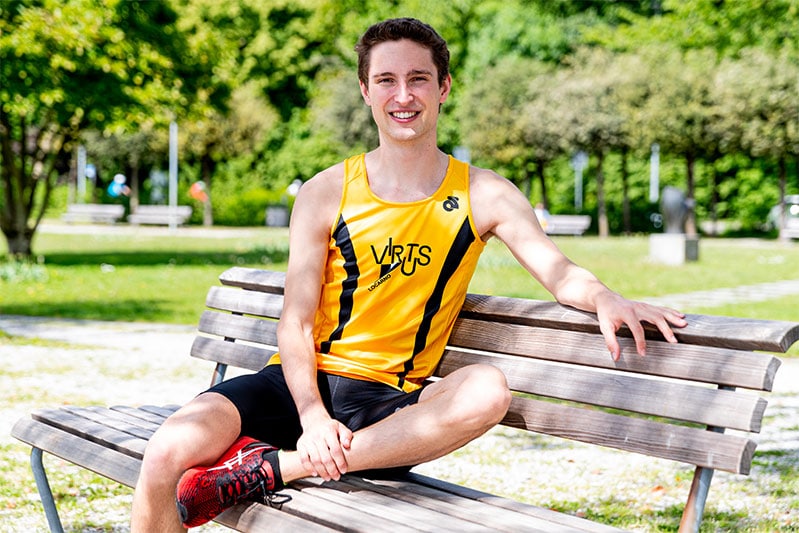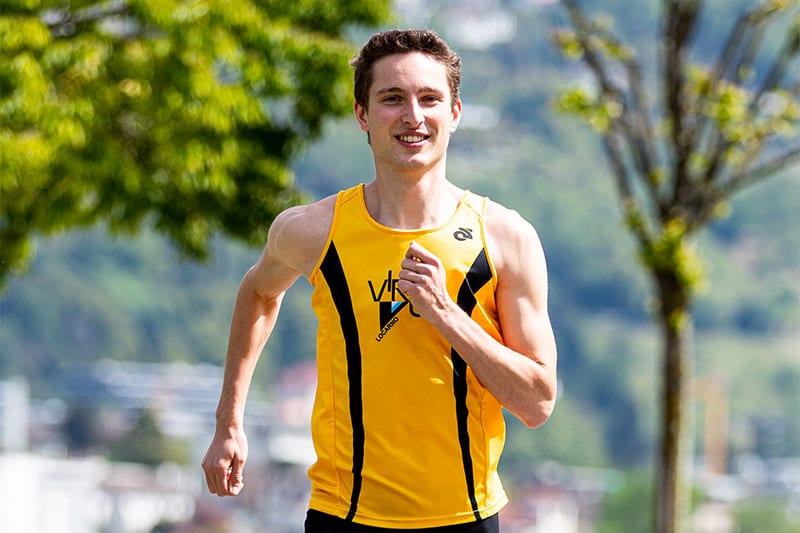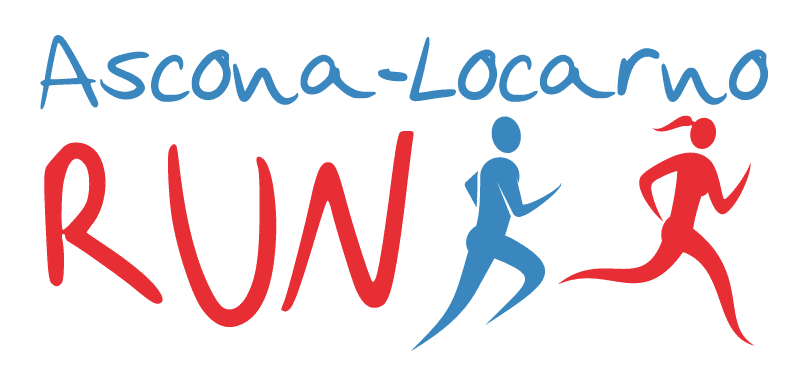© foto Garbani
Silvio, 22 years old, mathematics student at ETH Zurich and athlete of the VIRTUS Locarno.
Between questions and many laughs, we had the pleasure of getting to know this athlete better!
The telephone interview was made in February when he was on holiday in Ticino after the exam session.
Enjoy your reading!
Silvio, tell us who you are and what you do!
I’m an athlete and I’m studying mathematics at the ETH in Zurich, where I got my Bachelor’s degree and where I’m also doing my Master’s degree. I should finish my studies at the beginning of next year, and I still have one more semester to go plus my thesis, which should be on symplectic geometry, i.e., geometry and theoretical physics… so many things combined!
What do you think you will do after the Master?
Good question! The idea would be to do a PhD but I’m looking for the right place; I’m also considering some positions in industry.
Let’s take a step back, when did you start running?
I was five years old. My brother used to train with the VIRTUS Locarno youth teams, and when I went to accompany him to training, I always wanted to stay and warm up with them. They would do a 12-minute run and I wanted to run with them.
What discipline did your brother do?
My brother used to throw (he also won the Ticino discus throw title in the youth categories), but now, because of his studies and other commitments, he no longer does it competitively. He still runs for pleasure.
When did you start doing athletics?
I started doing athletics in primary school when I was seven. At first, I went once a week, then when I got older, twice a week. In high school I started to take things more seriously and the training sessions gradually increased to 7 times a week. Now I train about 5-6 times a week.
When did you choose your discipline?
When I was in secondary school, I was versatile, I did a bit of everything. Then, during my first year of high school, I had the opportunity to change coaches and proceed in a more professional manner with clear objectives and more training in a specific direction. I was having fun, even though it was a lot of work, so I decided to continue.
And it went quite well (smiles).
In which discipline?
I focused on the 800 m and 1500 m, middle distance. To be honest, I wasn’t very good when I was in the junior categories, I had fun, I worked hard, but the results were a bit lacking until I started training with Daniele (Daniele Angelella, ed.) and his father. Together with Stefano Angelella we found the training that suited me best, to which I responded best, and then some more interesting results arrived.
Did you continue in the 800 m or did you change discipline?
In 2016, for several reasons, I switched to the 400 m: first, Daniele ran in the 400 m and had a lot of experience from which you could learn a lot, and then because I wanted to try my hand at running faster. When you are young you can do faster things, then, as you get older, you become less fast and so the distances increase (laughs)!
So, Daniele Angelella is the exception that proves the rule, since he won the Ticino absolute championships at the age of 29 in the 100 m and 200 m?
Daniele is such a talent that he is out of any scheme now (laughs, ed.)!
And what are you doing now?
I did a couple of years in the 400 m and now I’m back in the 800 m… I’m not so young anymore (laughs) and the pace of training is more compatible with my studies.
Do you still train with Stefano in the 800 m as well?
Stefano no longer trains. We are now a group without a coach or, to put it better, we are our own coaches: Daniele Angelella, Matteo D’Anna (US Ascona) and myself. Other athletes regularly join this trio.
How was 2020 in terms of results?
2020 was surprising, there were no particular ambitions given the pandemic situation and the resulting restrictions. It was a season to remember for me, but also for the others in the group (Silvio won gold in the 800 m at the 2020 Absolute Ticino Championships, Daniele Angelella won gold in the 100 m and 200 m, Matteo D’Anna silver in the 200 m, ed.).
2020 seems to have been a good year for some athletes: Ajla Del Ponte won the 100 m in the summer season, Daniele set his personal best in the 100 m, but your group also achieved very good results. How do you explain this?
The health situation in the first part of 2020 and the consequent restrictions such as no competitions or the impossibility of training as we used to do, has put several athletes to the test.
The secret, in my opinion, is that you have to look beyond, a bit further ahead, you mustn’t think: “now I can’t train, there are no competitions, etc….” because it’s a job that has to be done continuously. Even if there are no races this year, you have to keep training; if you can’t run in the stadium, you have to find an alternative. However, the work done remains and today’s results are not only the result of the work of the last 6 months but of the last 6 years…if you look at Daniele, we are talking about the last 15 years (laughs, ed.).
How are you managing your training in this period when there are no competitions?
As we did last year, we are looking at the long term. We have talked about it among ourselves, in our group, and we are confident that in the summer there will be some competitions, so the objectives remain those and we continue to train. To tell you the truth, we are super motivated because last year we had a lot of problems with the closed infrastructure, but in the end the 2020 season was amazing, so we are also excited about the possible 2021 season! Why shouldn’t it replicate what happened in 2020 in terms of results?
You told us that you train in groups, but how do you do it since you study in Zurich while Daniele and Matteo are in Locarno?
We continue to do as we have done in previous years, during the week I am in Zurich but at the weekend we get together and train. The lessons at the Polytechnic this year are not attended, so I will spend a few weeks in Ticino every now and then and we will have a few more opportunities to train together during the week.
What are the biggest difficulties you’ve encountered?
When I was in the youth sector, I didn’t excel, I was never Ticino champion and I never won races like the Mille Gruyère, I was a second-rate guy. There was a period when my motivation wasn’t sky high because the results weren’t coming: the biggest difficulty was just staying motivated. I didn’t give up and it was the right choice, because then the results came. The turning point came when we found the best training for me. Within a month, we started to see some of the results we were aiming for. This means that something was there before, but it was not expressed in the right way.
When you started your university studies did you face any difficulties?
It was always clear to me that studying would come first, I like studying and I am also aware that I do not have the talent to be a professional athlete. At some point you must be realistic and safeguard your future. I enrolled at ETH Zurich but since I like athletics, I told myself that I would do everything I could to keep training. The first year was difficult because I was in a new place, on my own, and I had to figure out how to manage and live this new situation. As time went by, I got used to it and now I am doing very well. It is all about organisation, I train almost more now than I did when I was in high school.
The second part of the interview will be published in early June.





